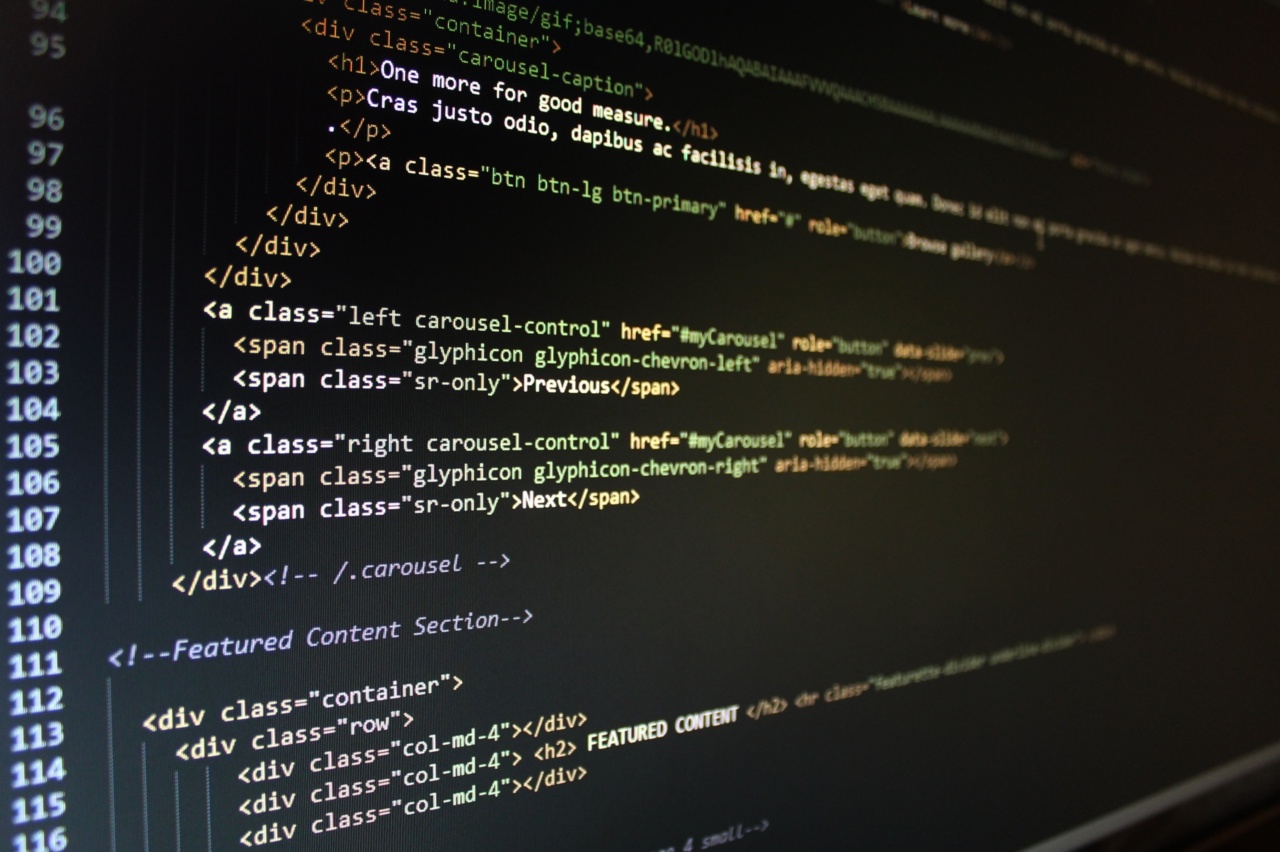Aging is a natural process that every individual goes through. Over time, our bodies and minds undergo various changes that often lead to age-related diseases and deterioration.
However, recent advancements in science and medicine have shed light on potential ways to slow down or even prevent the aging process. In this article, we will explore the code for preventing aging and discuss the latest discoveries and practices in this field.
The Science of Aging
Aging is a complex biological phenomenon influenced by various factors, including genetics, lifestyle choices, and environmental factors.
Scientists have been studying the aging process for decades, trying to unravel the secrets to prolonging a healthy lifespan.
Understanding Telomeres
One of the key areas researchers have focused on is telomeres, which are protective caps at the ends of our chromosomes. Telomeres shorten with each cell division, eventually leading to cellular aging and death.
Telomere length has been linked to the overall aging process, and several studies have shown a correlation between longer telomeres and increased lifespan.
Importance of Diet and Nutrition
Another crucial aspect of preventing aging lies in adopting a healthy diet and nutrition plan. Several studies have linked nutrient-rich diets, such as the Mediterranean diet, to a reduced risk of age-related diseases and improved longevity.
Antioxidant-rich foods, including berries, leafy greens, and nuts, help combat oxidative stress and inflammation, both of which play a significant role in aging.
The Role of Exercise
Regular physical activity is not only essential for maintaining a healthy weight and cardiovascular health but also plays a significant role in preventing aging.
Exercise has been shown to improve cognitive function, enhance muscle strength, and promote overall well-being. It also helps reduce the risk of age-related conditions such as heart disease, osteoporosis, and type 2 diabetes.
The Power of Sleep
Quality sleep is a fundamental pillar of good health and plays a vital role in preventing premature aging. During sleep, our bodies repair and regenerate cells, helping to maintain optimal functioning.
Chronic sleep deprivation has been linked to a higher risk of age-related diseases, cognitive decline, and a compromised immune system. Establishing healthy sleep habits and ensuring adequate rest is crucial for preventing accelerated aging.
Stress Reduction Techniques
Chronic stress accelerates the aging process both internally and externally. High levels of stress hormones, such as cortisol, can contribute to inflammation, weakened immune function, and increased vulnerability to age-related diseases.
Implementing stress reduction techniques, such as mindfulness meditation, deep breathing exercises, and regular relaxation practices, can help counteract the negative effects of stress and promote healthy aging.
Environment and Aging
Our environment greatly impacts the aging process. Exposure to toxins, pollutants, and ultraviolet radiation can accelerate cellular damage and aging.
It is essential to limit exposure to harmful substances and adopt protective measures, such as wearing sunscreen and avoiding excessive sun exposure. Additionally, living in a clean and well-ventilated environment can promote overall health and support healthy aging.
Advancements in Anti-Aging Technology
With advancements in technology, researchers and scientists have been able to explore innovative ways to slow down the aging process. One promising field is regenerative medicine, which focuses on replacing or regenerating damaged tissues and organs.
Stem cell therapy, for example, shows promise in treating age-related conditions and rejuvenating the body’s cells.
The Role of Genetics
Genetics play a significant role in determining how we age. Certain gene variations have been linked to a higher risk of age-related diseases, while others are associated with longevity.
Understanding our genetic makeup through techniques like genetic testing can provide valuable insights into potential health risks and enable personalized preventive measures.
Conclusion
While we cannot completely halt the aging process, there are various strategies and practices that can help slow it down and promote healthy aging.
By understanding the science of aging, adopting a nutritious diet, staying physically active, managing stress, and keeping our environment in check, we can potentially enhance our quality of life and age gracefully.






























